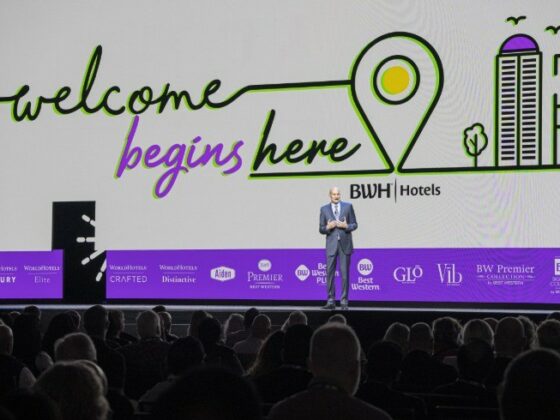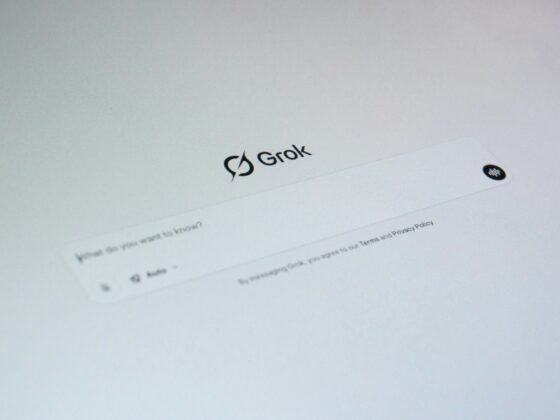
The hospitality industry is no stranger to technological revolutions. Hotel brands are constantly seeking ways to enhance the guest experience. But in the race to implement the latest innovations, there’s a critical piece that often gets overlooked: the foundational infrastructure that supports it all. Without modernized systems, even the most promising technologies struggle to deliver real value.
In a recent conversation with Hospitality Technology, Zaplox President and CEO Tess Mattisson provided valuable insights into the role of infrastructure in driving hospitality innovation. While artificial intelligence and emerging technologies generate buzz, the industry must first address its underlying operational inefficiencies, Mattisson explained. For example, ID verification, guest registration, and seamless payments remain friction points that prevent hotels from fully realizing the potential of digital transformation. Without fixing these fundamental processes, even the most exciting innovations risk being underutilized or, worse, failing to deliver a meaningful impact.
Mobile Access and Infrastructure Challenges
Take mobile access, for example. Hotels have seen significant adoption of digital keys when implemented correctly, with a marked preference for NFC-based wallet keys over traditional app-based Bluetooth solutions. This is because NFC keys offer a faster, more reliable experience that aligns with guest expectations, Mattisson notes.
However, many hoteliers still don’t offer any type of mobile key. Why? One of the biggest hurdles to implementing mobile key solutions is navigating the complexities of PMS integration. “Many PMS systems weren’t built with digital key provisioning in mind,” Mattisson explains. “Each hotel brand has unique configurations, and ensuring a seamless experience requires deep integration work.”
And even if a hotel goes through all the trouble of creating a mobile app that can offer mobile key technology, there’s not a huge guarantee that guests will even use it. “Many guests are hesitant to install another app just for a single hotel stay,” she notes.
This is where infrastructure-driven innovation comes into play. Zaplox’s Web Provisioning technology presents an opportunity to bridge this gap by allowing guests to receive and activate mobile keys via a secure web link—without requiring an app. This new Web Application feature removes friction from the process, ensuring that hotels can enhance digital adoption without overhauling their existing infrastructure.
For smaller hotels without a dedicated mobile app, web-based mobile key provisioning offers a cost-effective way to modernize guest interactions. Meanwhile, larger brands can use it to enhance existing mobile strategies, accommodating one-time guests, group bookings, or those who prefer an app-free experience. But the benefits extend beyond convenience—this is an infrastructure solution that addresses real operational inefficiencies.
“For hotels, this isn’t just about convenience for guests,” Mattisson explains. “ “It’s about reducing front desk congestion, improving operational efficiency, and giving staff more time to focus on delivering exceptional service rather than handling repetitive administrative tasks.”
The Role of Infrastructure in Driving Innovation
However, Mattisson points out that Web Provisioning is not a workaround for outdated property management systems. “To take advantage of innovations like Web Provisioning, hotels need to ensure their digital infrastructure is up to date,” she says. “A fragmented or outdated PMS can still create roadblocks, even with the best technology in place.”
Embracing these innovations requires a shift in mindset. Investing in operational infrastructure may not provide an immediate, marketable return, but it lays the groundwork for future advancements. Hotel leaders must recognize that technological progress isn’t just about the next big thing—it’s about ensuring the foundational systems are robust enough to support it.
As Mattisson puts it, “The hotels that are thinking ahead are the ones prioritizing infrastructure now, so they’re ready for whatever comes next. It’s not just about today’s guest expectations—it’s about future-proofing the entire operation.”
Prioritizing frictionless digital experiences today will enable hotels to seamlessly integrate tomorrow’s innovations. The brands that understand this will be the ones leading the industry forward, not just following the latest trends.








